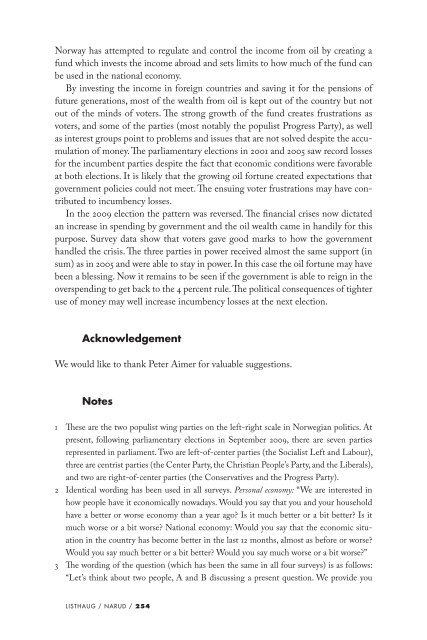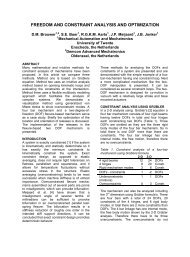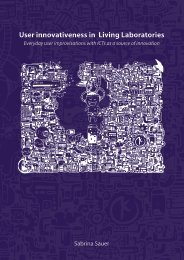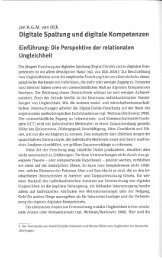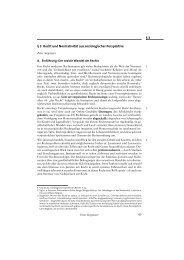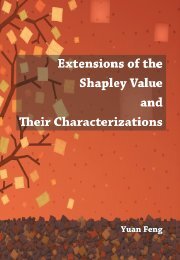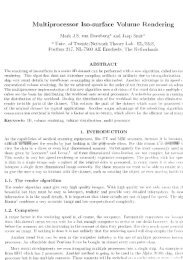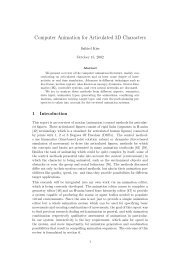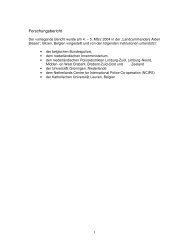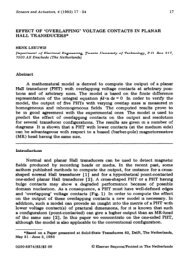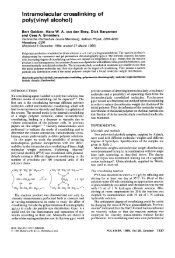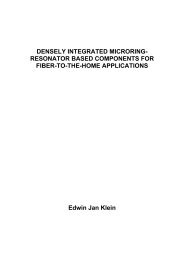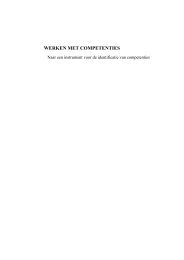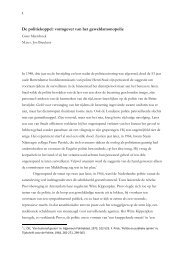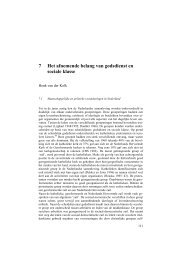download - UvA DARE
download - UvA DARE
download - UvA DARE
Create successful ePaper yourself
Turn your PDF publications into a flip-book with our unique Google optimized e-Paper software.
Norway has attempted to regulate and control the income from oil by creating a<br />
fund which invests the income abroad and sets limits to how much of the fund can<br />
be used in the national economy.<br />
By investing the income in foreign countries and saving it for the pensions of<br />
future generations, most of the wealth from oil is kept out of the country but not<br />
out of the minds of voters. The strong growth of the fund creates frustrations as<br />
voters, and some of the parties (most notably the populist Progress Party), as well<br />
as interest groups point to problems and issues that are not solved despite the accumulation<br />
of money. The parliamentary elections in 2001 and 2005 saw record losses<br />
for the incumbent parties despite the fact that economic conditions were favorable<br />
at both elections. It is likely that the growing oil fortune created expectations that<br />
government policies could not meet. The ensuing voter frustrations may have contributed<br />
to incumbency losses.<br />
In the 2009 election the pattern was reversed. The financial crises now dictated<br />
an increase in spending by government and the oil wealth came in handily for this<br />
purpose. Survey data show that voters gave good marks to how the government<br />
handled the crisis. The three parties in power received almost the same support (in<br />
sum) as in 2005 and were able to stay in power. In this case the oil fortune may have<br />
been a blessing. Now it remains to be seen if the government is able to reign in the<br />
overspending to get back to the 4 percent rule. The political consequences of tighter<br />
use of money may well increase incumbency losses at the next election.<br />
Acknowledgement<br />
We would like to thank Peter Aimer for valuable suggestions.<br />
Notes<br />
1 These are the two populist wing parties on the left-right scale in Norwegian politics. At<br />
present, following parliamentary elections in September 2009, there are seven parties<br />
represented in parliament. Two are left-of-center parties (the Socialist Left and Labour),<br />
three are centrist parties (the Center Party, the Christian People’s Party, and the Liberals),<br />
and two are right-of-center parties (the Conservatives and the Progress Party).<br />
2 Identical wording has been used in all surveys. Personal economy: “We are interested in<br />
how people have it economically nowadays. Would you say that you and your household<br />
have a better or worse economy than a year ago? Is it much better or a bit better? Is it<br />
much worse or a bit worse? National economy: Would you say that the economic situation<br />
in the country has become better in the last 12 months, almost as before or worse?<br />
Would you say much better or a bit better? Would you say much worse or a bit worse?”<br />
3 The wording of the question (which has been the same in all four surveys) is as follows:<br />
“Let’s think about two people, A and B discussing a present question. We provide you<br />
lIsthAug / nArud / 254


